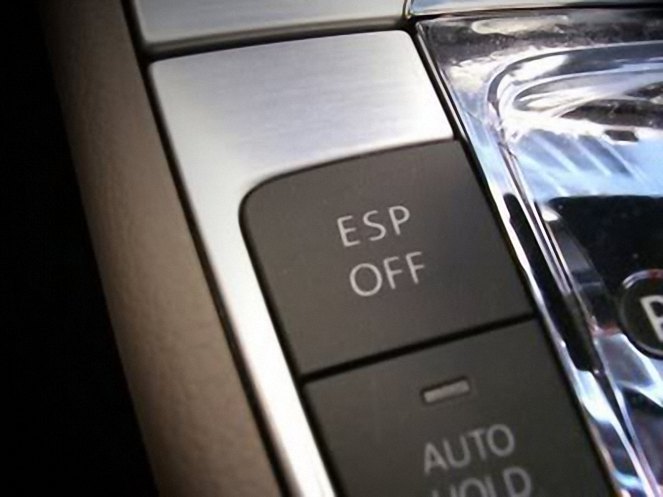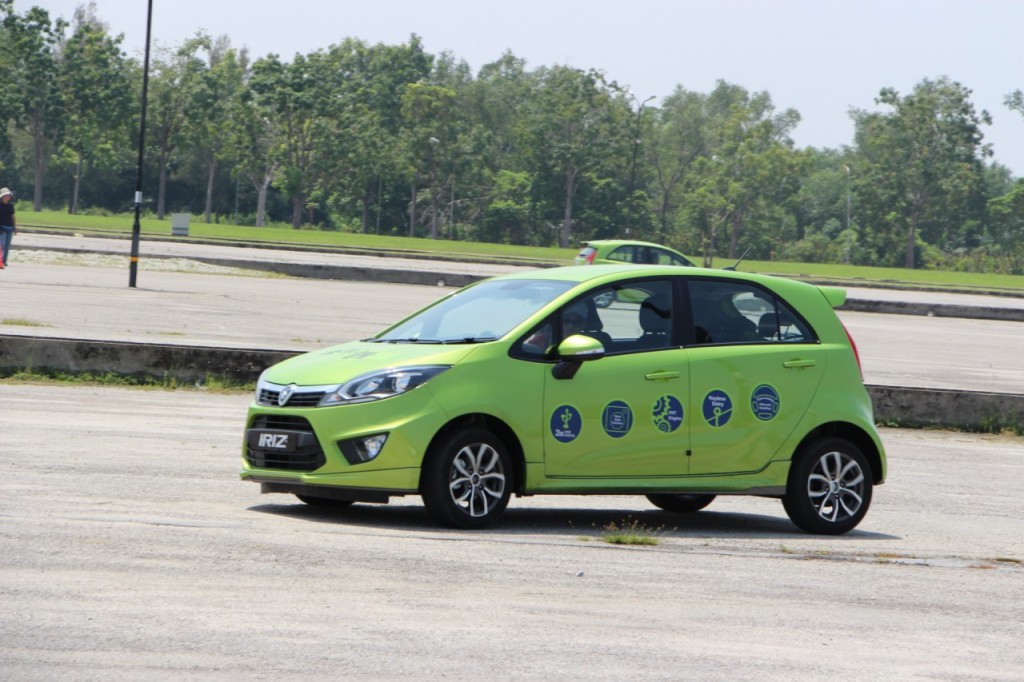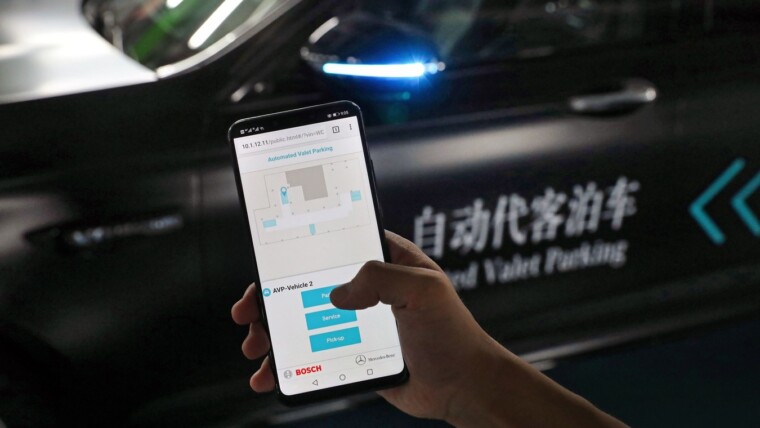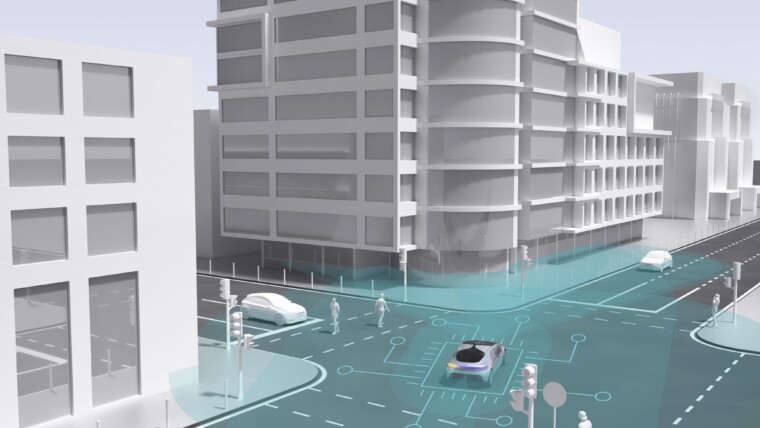With advanced technology, carmakers have developed an array of safety features to protect its consumers against possible crashes. While seat belts are the number one most important safety feature, the electronic stability program (ESP) will soon be a close second. In actual fact, did you know that ESP is the second biggest life saver after seat belts?
This is not a joke – EPS is in fact more important than the airbag, according to a study. Bosch has manufactured 100 million ESP systems since series production began in 1995. Since being launched, ESP has prevented 190,000 accidents and saved more than 6,000 lives across Europe.
In 2011 alone, cars fitted with electronic stability program modules prevented more than 33,000 vehicle crashes involving injury and saved more than 1,000 lives in 25 EU member states. That’s a hefty number considering the fact that ESP was only installed in an estimated 40% of vehicles across the European Union.
The importance ESP has caused this safety feature to be a universal standard across Europe beginning November 1, 2014. All newly registered passenger cars and light commercial vehicles with a gross vehicle weight of up to 3.5 metric tons must be equipped with the anti-skid system.
Bosch supports the worldwide efforts of manufacturers and governments to make active safety systems standard equipment in every vehicle. Other countries have also begun to recognize that ESP is extremely important for road safety. Since September 2011, ESP has been mandated for all vehicles in the United States and Canada with a gross vehicle weight up to 4.5 metric tons. Australia and Israel have also made ESP mandatory.
Similar regulations will take effect in Japan, Korea, Russia, and Turkey in the years ahead. Do you think Malaysia should mandate this rule as well? Well, Proton seems to be on the right path, seeing as how the new Iriz does come with ESP, and is quite beneficial too as we showed you in this comparison video.
Source: Autoevolution
Other posts by AF Newsdesk









